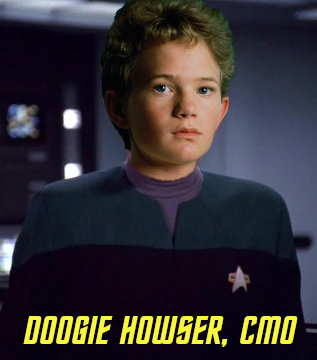We know that Vulcans and El-Aurians out live Humans. A Vulcan of 100 would appear to look like a human in their 40s. An El-Aurian of about 500 - if I have Guinan's age right assuming she was young (double digits) in Time's Arrow - also appear to look like a middle aged human. Of course she could have just aged herself to fit in knowing that eventually the crew of Enterprise would meet her 500 years in the past. For all we know her life span could be thousands of years, which could explain why the Borg assimilated them. But what about their children?
Do Vulcan and El-Aurian children up to when human brains are fully developed at approximately age 25 look the same as Human children of the same age;or would Vulcan and El-Aurian gestation, childhood, teen years, and full brain development take longer then humans? If Vulcans and El-Aurian bodies and brains develop the same as a Humans do Vulcans and even El-Aurian childrens aging begin to slow after full brain development, or before? Would a 12 year old Human look older than Vulcan or El-Aurians of the same age?
What do you think? Yes these are the questions that come to me at 3 in the morning.
Do Vulcan and El-Aurian children up to when human brains are fully developed at approximately age 25 look the same as Human children of the same age;or would Vulcan and El-Aurian gestation, childhood, teen years, and full brain development take longer then humans? If Vulcans and El-Aurian bodies and brains develop the same as a Humans do Vulcans and even El-Aurian childrens aging begin to slow after full brain development, or before? Would a 12 year old Human look older than Vulcan or El-Aurians of the same age?
What do you think? Yes these are the questions that come to me at 3 in the morning.


